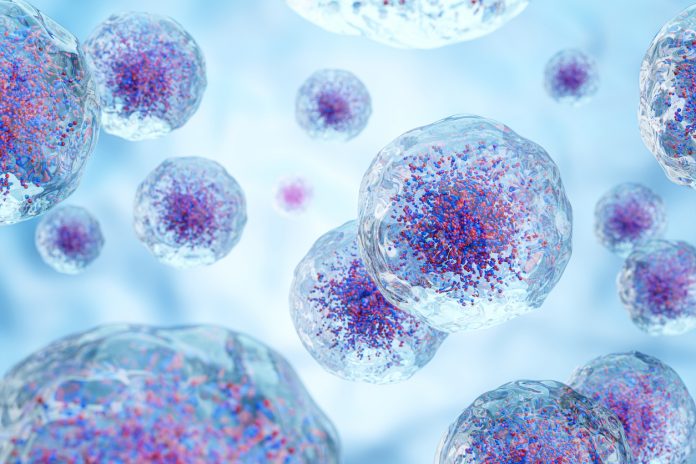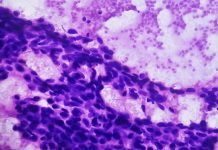Is the a link between liver inflammation and cancer treatment outcomes? Researchers have found why certain cancers become resistant to immunotherapy
The researchers from the Abramson Cancer Center and Perelman School of Medicine at the University of Pennsylvania aim to enhance cancer treatment effectiveness with their study.
Liver inflammation and its relation to cancer
Liver inflammation, commonly associated with cancers originating from other parts of the body, has long been known to correlate with poorer cancer outcomes. However, this study, led by senior author Gregory Beatty, MD, PhD, has identified a specific mechanism underlying this issue.
The research team discovered that cancer-induced liver inflammation prompts liver cells to release serum amyloid A (SAA) proteins into the bloodstream. These proteins interfere with the immune system’s ability to mobilise T cells, an essential component in combating cancer cells throughout the body.
“We want to better understand what causes cancer to resist or respond to immunotherapy to help design more effective strategies for patients,” explained Dr. Beatty, emphasising the clinical significance of their findings. “Our findings show that liver cells, with their release of SAA proteins, effectively serve as an immune checkpoint regulating anti-cancer immunity, making them a promising therapeutic target.”
Liver inflammation and reduced effectiveness of immunotherapy
This study builds upon earlier investigations into liver inflammation’s impact on cancer progression. Previous research from the same team linked liver inflammation to increased pancreatic tumour metastasis. The team also observed that systemic inflammation, involving similar molecular pathways, correlates with reduced effectiveness of immunotherapy in pancreatic cancer patients.
The researchers used mouse models of pancreatic cancer. They found that mice with heightened liver inflammation showed reduced infiltration of T cells in their tumours, showing compromised immune activity against cancer cells. Further analysis revealed that liver cells activated a signalling pathway known as IL-6/JAK/STAT3, previously implicated in liver metastasis.
It was identified that STAT3 activation in liver cells stopped the production of dendritic cells, essential for initiating T cell responses. This suppression was mediated by SAA proteins, which bind to receptors on immune cells, hindering their function.
When the researchers deleted STAT3 or SAA proteins in mouse models, they observed a restoration of dendritic cell production and enhanced T-cell infiltration into tumours. This led to improved survival outcomes, suggesting a potential therapeutic target for reversing treatment resistance.
Enhancing treatment responses
To validate these findings in humans, the researchers examined tissue samples from pancreatic cancer patients. Those with lower SAA levels following tumour removal experienced significantly longer survival times.
The research team aims to explore STAT3- and SAA-targeting agents as potential adjunct therapies to immunotherapy. By reversing liver inflammation, they hope to enhance treatment responses and ultimately improve outcomes for cancer patients.
Editor's Recommended Articles
-
Must Read >> Advocating for equity in childhood cancer care











